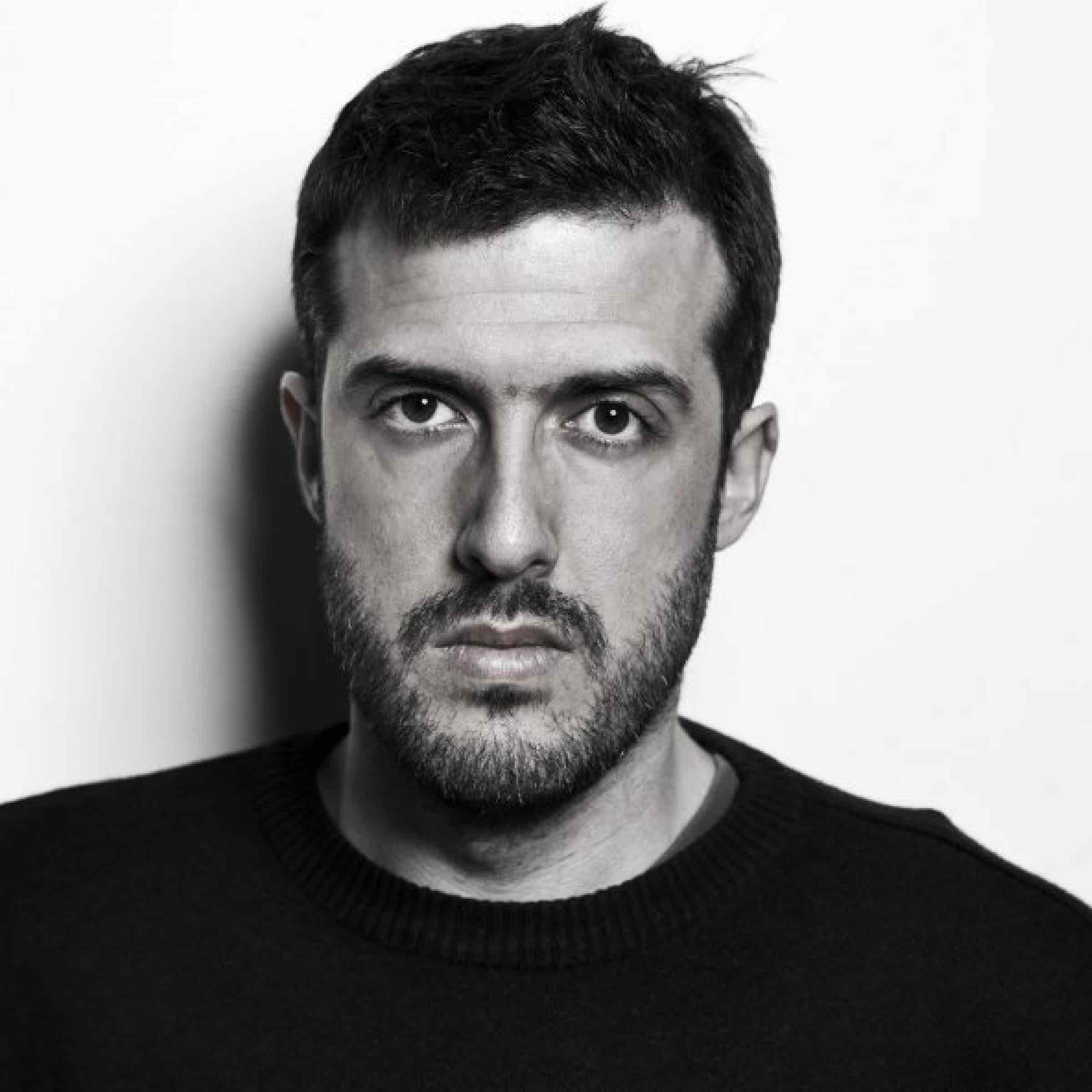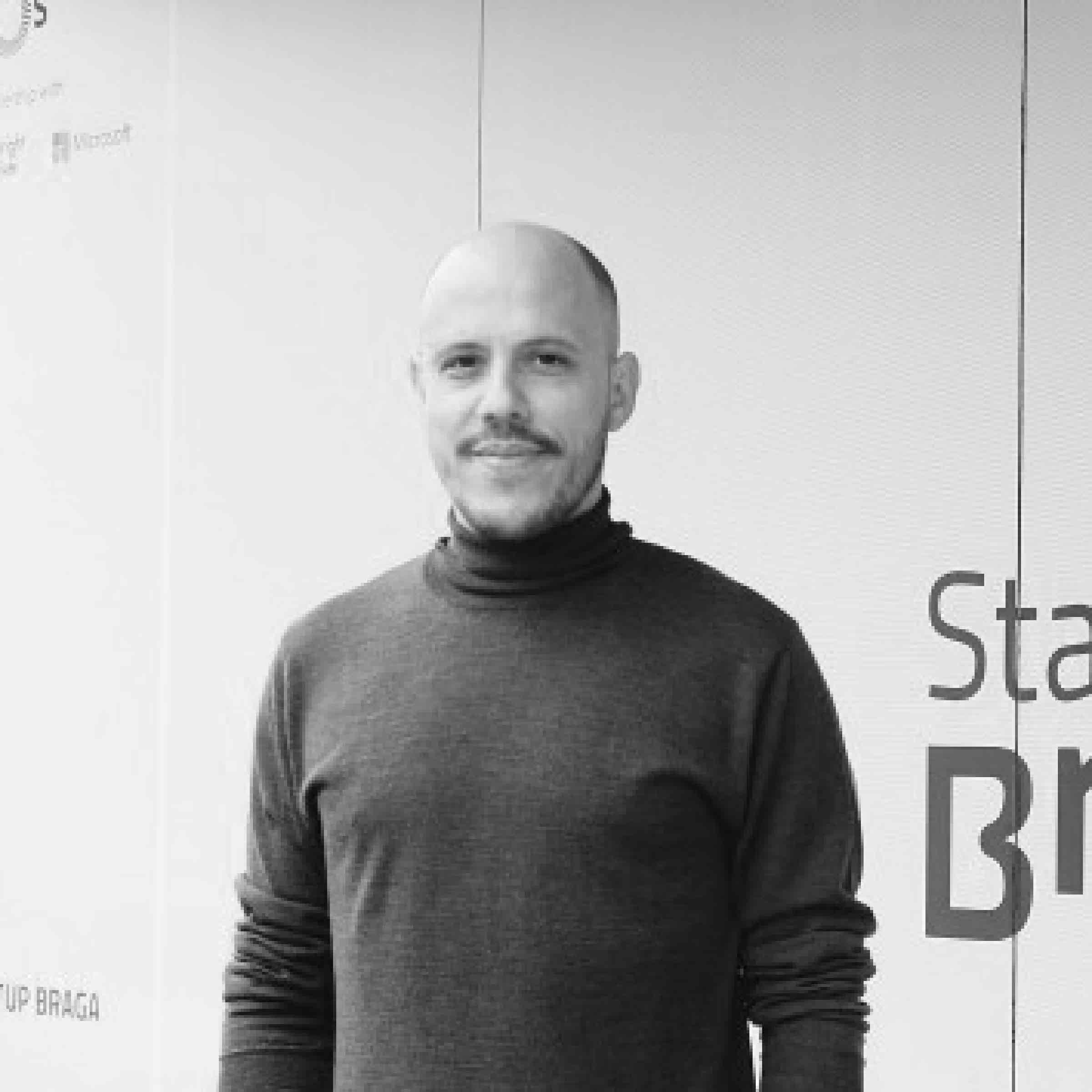Celso Martinho
Bright Pixel
If I had to choose one word for 2020, it would be "consequences".
We will see a slew of privacy-centric products hit the landscape, answering the demand that the post-Facebook fiasco era created. Privacy as a product feature is now a norm, and the smartest companies will incorporate the opportunity.
Likewise, the post-apocalyptic Blockchain era is coming. The crypto winter cleaned up the ecosystem, but the survivors, the resilient ones, have been hard at work in the backstage, solving many UX, security, and scalability problems. Next year maybe - just maybe - we will finally start seeing real-life products for the masses and the B2B.
IoT seems to be hitting the tipping point, but then again, we've been saying this for a decade, it's ridiculous, so what do I know? Either way, my now fully automated home has a staggering ~100 devices connected to Wifi and Zigbee and growing, so something magic is definitely happening. Interoperability is still an unsolved problem. I expect a lot of consolidation at both the hardware, protocols, and software levels and a lot of opportunities for disruptive startups. IoT security will be a hot topic. 5G may or may not act as a catalyst; big telcos tend to screw up, let's see.
Locally, founders in Portugal are maturing. We will finally see the serial entrepreneurs, those that built, thrived or failed, but got up, and tried again, and again, doing better and bigger on top of their invaluable experience and reputation. Great entrepreneurs gone investors will be a thing too, rightfully closing the virtuous circle.
Emerging technology buzzwords have bombarded us for the last three years, making us think we were on the verge of a cyber revolution. Still, it turned out that, like any other hype cycle, it was mostly about marketing and little about adoption. Fortunately, a lot of innovators escaped the spotlight trap and kept working hard. We're now leaving the valley of disappointment, and hopefully, 2020 will bring substance and meaningful applications using these technologies to light.






















